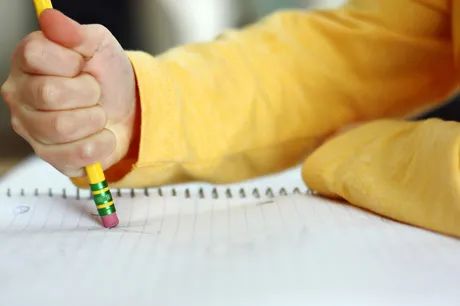When working on assignments, students often make common mistakes that can impact their grades and overall learning. Recognizing and avoiding these pitfalls can help improve both the quality of work and academic success.
One frequent mistake is poor time management. Students often underestimate how long an assignment will take, leading to rushed, last-minute work that doesn’t reflect their full potential. Procrastination usually means less time for revising and refining the content, which often results in lower-quality submissions. To avoid this, it’s essential to start early, plan a timeline, and break the work into smaller, manageable tasks.
Another common error is not following the assignment guidelines. Many students skim over instructions, assuming they know what’s required. This often leads to missing crucial elements like word count, format, or specific questions the assignment is designed to address. Reviewing the guidelines thoroughly can ensure that every requirement is met, showing a strong attention to detail and respect for the assignment’s goals.
Students also tend to overlook the importance of structure and organization in their work. Without a clear outline, assignments can come across as confusing or disorganized. A well-structured assignment, with a clear introduction, body, and conclusion, not only makes the argument easier to follow but also improves readability. Outlining ideas before writing can help keep the content cohesive and focused.
Inadequate research is another major mistake. Some students rely on one or two sources, leading to a narrow perspective on the topic. This limited approach can prevent critical analysis and depth in the work. Broadening research by using multiple, credible sources enhances the quality and accuracy of the content, allowing students to create a more comprehensive and insightful assignment.
Plagiarism, intentional or not, is a severe error with academic consequences. Some students copy content from online sources without proper citation, while others might accidentally paraphrase too closely. It’s vital to understand citation rules and to always credit the sources. Tools like plagiarism checkers can help ensure originality and uphold academic integrity.
Finally, neglecting proofreading can result in numerous grammatical, spelling, and formatting errors. Small mistakes can detract from the assignment’s professionalism and clarity. Taking a few minutes to review and edit the final draft allows students to catch and correct these errors, improving the overall quality.
Avoiding these common mistakes can greatly enhance students’ assignments, making them more organized, insightful, and reflective of the effort put into the work.
